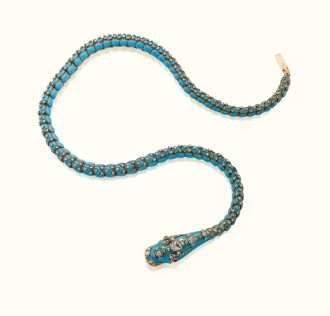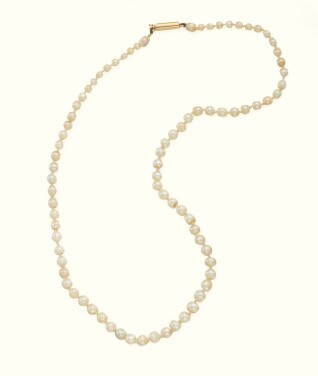L ike Elias, Solomon (Sliman; 1841-1894), David Sassoon’s seventh son, split his career between India and China and never settled in England. He spent the years 1857-1875 in Shanghai and Hong Kong, returning to India to head the Bombay offices of the family business around the time his older brother Albert immigrated to Great Britain. In 1883, under Solomon’s direction, David Sassoon & Co. expanded into silk production with the founding of the Sassoon and Alliance Silk Manufacturing Co., Ltd. Solomon also served as director of the Bank of Bombay and a trustee of the Bombay Port Trust and was heavily involved in several other businesses as well.

Solomon was a charitable, learned, and pious Jew who studied the laws of ritual slaughter so that he could eat kosher poultry while working in the Far East and who (like his brother Reuben) kept a private synagogue in his home. In 1876, he married the remarkable Flora (Farha; 1856-1936) Gubbay. The couple lived in a mansion in Bombay called Il Palazzo and had three children: Rachel (1877-1952), David, and Mozelle (Mazzal Tov; 1884-1921). Sadly, Solomon died young after a brief illness. In his diary/memoir, Divrei david, David describes how his father grew weak starting in January 1894 until he finally passed away on Sunday, March 18, at a time when the rest of the family had measles and therefore could not be by his deathbed. His funeral, held the following day, was attended by “the entire Jewish community, men and women, and thousands of non-Jews, large and small, including government ministers, business managers, and bank clerks; the house and street were filled […] and the entire assembly cried.”

Flora was born in Bombay to Ezekiel Gubbay (1824-1896), a Baghdad native who immigrated to India and worked in China, and Aziza Sassoon (1839-1897), eldest daughter of Albert David Sassoon. The patriarch of the family, David Sassoon, was thus both her great-grandfather and her father-in-law. Ezekiel Gubbay hired Baghdadi teachers to move to Bombay and tutor his twelve children in Jewish subjects; for her general education, Flora attended Catholic school. Already at an early age she stood out for her intelligence, erudition, business and financial skills, refined character, fervent religious faith, and generosity. Her knowledge of the Bible, Talmud, and halakhic codes was exceptional, and she carried on learned correspondences with prominent Sephardic and Ashkenazic rabbis of her day. She was the copyist of two Hebrew manuscripts, both of them selections of pizmonim (liturgical songs), that became part of the Sassoon collection, and she published two scholarly articles in the New York-based Orthodox periodical The Jewish Forum. She was also chosen to preside over the annual Speech Day of Jews’ College on April 13, 1924, and her address on that occasion was published later that year by Oxford University Press.

After Solomon passed away, Flora took over the management of the firm’s Bombay offices until late 1901, when, as recounted above, her relatives maneuvered to unseat her by incorporating David Sasson & Co. as a joint-stock company. Rather than found her own rival business, she and her family eventually moved permanently to London, where she hoped to find better medical care for her disabled daughter Mozelle. Settling at 32 Bruton Street in aristocratic Mayfair, she became a legendary hostess, philanthropist, and supporter of Anglo-Jewish institutions, including the Etz Chaim Yeshiva and the London Jewish Hospital (Tsedakah u-Marpe), whose cornerstone she laid on November 14, 1915. Like other members of the family, she maintained relationships with British royals and nobles, including the Duke and Duchess of Connaught and Lord and Lady Reay of Bombay. She traveled widely throughout Europe, North Africa, and the Middle East, generally accompanied by her own personal minyan (prayer quorum) and shohet (ritual slaughterer). According to Cecil Roth, eminent historian of British Jewry, it was said of her that “she walked like a queen, talked like a sage, and entertained like an Oriental potentate.”
Flora Sassoon passed away in London on January 14, 1936 and was buried there temporarily until her remains could be interred in the family plot on the Mount of Olives in Jerusalem on April 3, 1947. Ashkenazic Chief Rabbi Isaac ha-Levi Herzog eulogized her as “a living well of Torah, of piety, of wisdom, of goodness and charity, of the staunchest loyalty to tradition, and out of her wonderful well Israel could draw in abundance noble incentives and lofty inspiration.”













